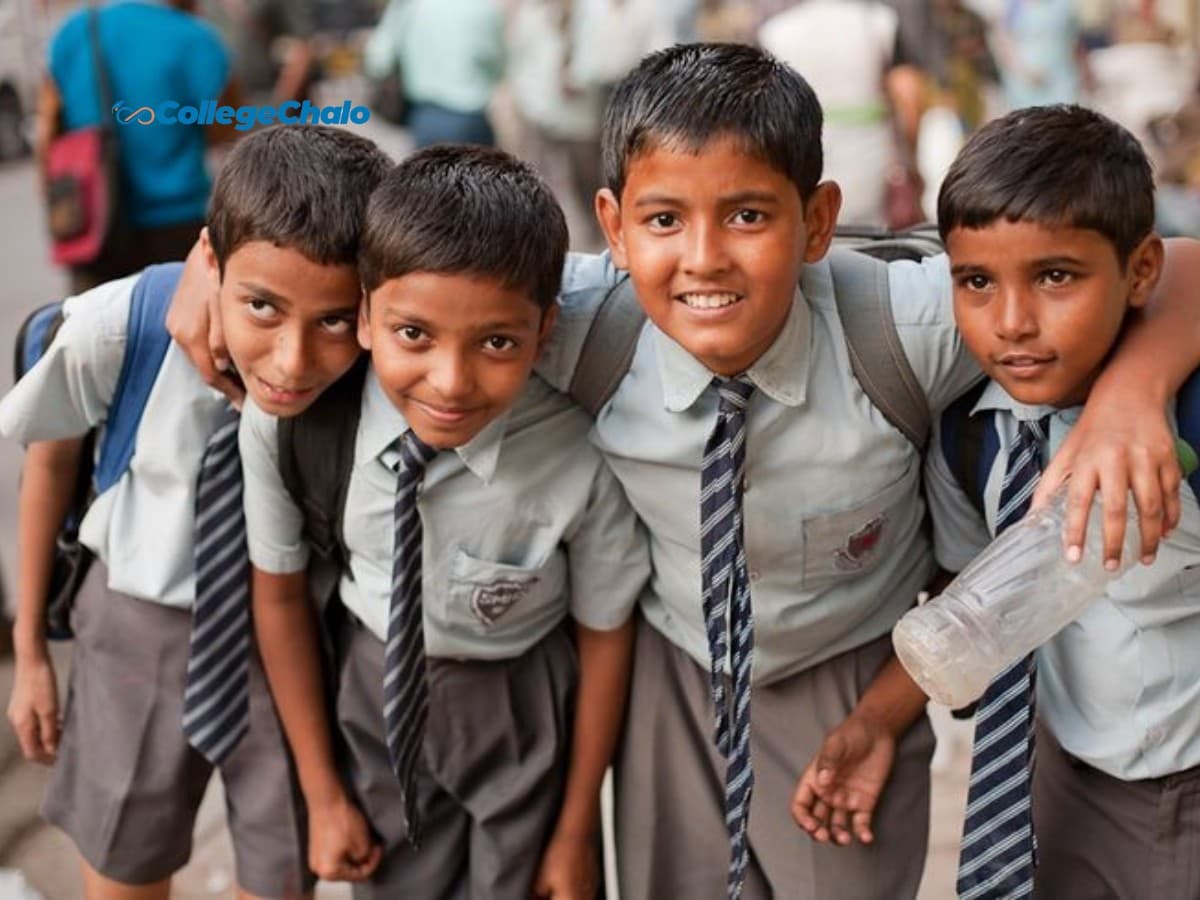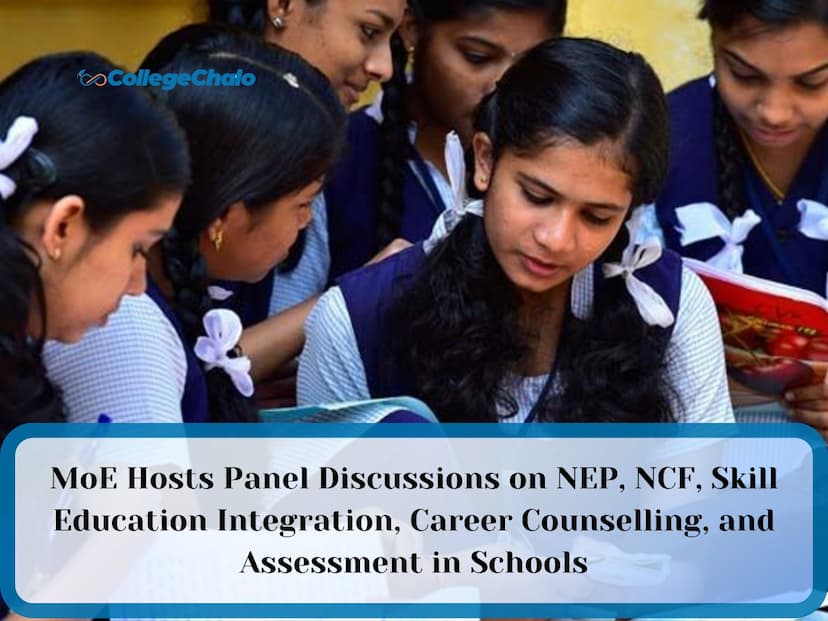MoE Hosts Panel Discussions on NEP, NCF, Skill Education Integration, Career Counselling, and Assessment in Schools

MoE conducts panel discussions on the role of NEP, NCF, the inclusion of skill education in schools, career counselling, and cells of assessment. A two-day STARS workshop hosted by the Department of School Education and Literacy, Ministry of Education in Bhopal, Madhya Pradesh, from September 30 to October 1. The theme of the workshop was school-to-work transition and building up the assessment system.

During his inaugural speech, MP transport and school education minister Uday Pratap Singh said NEP 2020 focuses on the general development of children and added the STARS project will have an important role in transforming the education system.

MoE STARS workshop
Day 1: School-to-Work Transition
It seems that the gap between education and employment is one of the gap areas which need to be filled,” Sanjay Kumar, secretary, of the school education department, said. Secretary MP Education Department Sanjay Goyal underscored the importance of this workshop and the cross-learning that can occur between states through such platforms.
The first-panel discussion was on policy frameworks- neither NEP nor National Curriculum Framework (NCrF)-in the arena of school-to-work transitions. This included discussions on incorporating skill education into school curricula, how NCF can contribute towards multi-disciplinary learning and adaptability, and continuous evaluation and updatings to curricula and standards set by respective industries. Discussion about NEP and NCrF The panels discussed NEP and NCrF’s focus on real-world exposure through internships and apprenticeship, the flexibility of learning pathways through NCrF, and the role of policies as a crucial input for bridging the gaps to complete the loop between academia and the industry.

Dinesh Prasad Saklani, NCERT director, in his presentation, mentioned that departments need to work in integration with a common vision of strengthening the education system for future generations. He added further that there is an ever-need to rectify the curriculum as per the industry demands to make school-to-work transition as smooth as possible for young learners.
CBSE Skills Director Biswajit Saha discussed the future evolution of 21st-century skills across CBSE schools and led a panel discussion on the challenges and potential solutions in including skill hubs in the educational landscape with experiences and best practices being shared to strategize effective implementation within schools and communities.
The panellists have very brief discussions of psychometric analysis and career guidance within skill education led by Usha Titus, managing director of the additional skill acquisition programme, in Kerala. The dialogues mainly revolve around how one could apply psychometric assessment data to determine the effectiveness of a career counselling program. Next to be discussed are the trends of career counseling, followed by the challenges encountered in the preparation of students for the future workforce.

Supriya A R, SPD of Kerala discussed partnerships with industry and work-based learning opportunities leading to a panel discussion moderated by Rajesh Sharma, SPD, Himachal Pradesh. Some of the issues the panel wished to discuss throughout this meeting included, building effective partnerships between schools and industry bodies, collaborative efforts on programs, internships, and job placements, and best practices to be derived from work-based learning.
Conclusion
The prominent issues highlighted involved the appropriate role of the policy framework NEP and NCF in exercising the future of education in India. Skill education, continuous curriculum changes, and encouragement for school-to-work transitions dominated the seminar. It was an event that needed an education system responsive to the changing demands of industry and capable of preparing students for the now-evolving labour force by encouraging academia-industry-policy nexus collaboration. This workshop allowed valuable insights and best practices in psychometric analysis, career counseling, and skills hubs through a healthy debate on educational outcomes and the gap between schooling and employment.
Vani Jha is a creative content writer with over 2 years of experience in producing engaging, informative, and well-researched content across various domains. Her expertise lies in SEO, research, editing, and content and copywriting. With a proven track record in enhancing online presence and audience engagement, Vani excels in crafting compelling articles, blogs, and other written materials.






